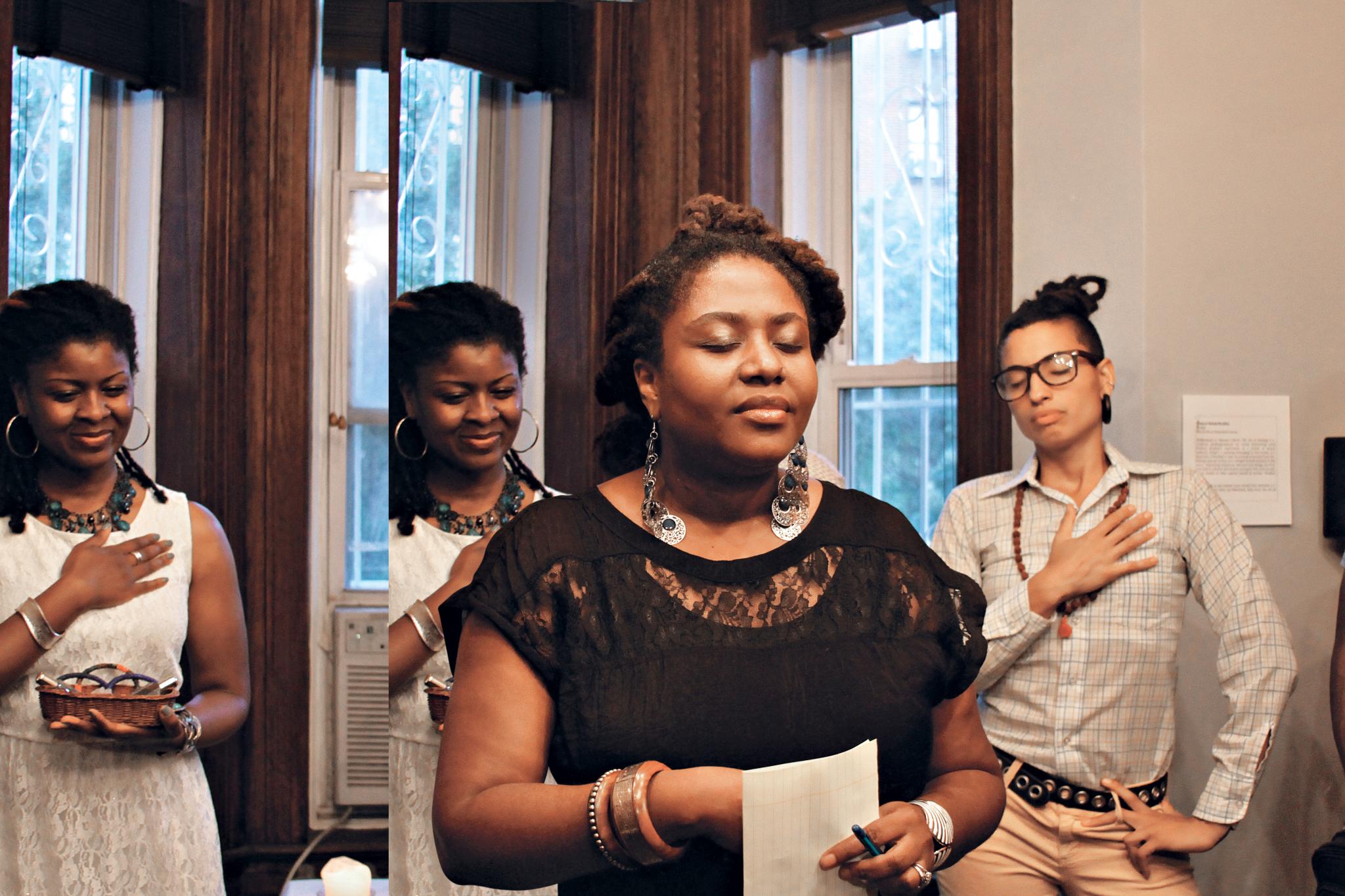
Last March, Shanesha Taylor, 35, an unemployed Arizona mom of three, had finally secured a job interview. When her babysitter canceled on the day of the meeting, Taylor went to her potential employer’s office with her two sons, then 6 months and 2 years old, in tow. She left them in her car in the building’s parking lot to wait until she’d finished the interview. Soon thereafter, a passerby heard Taylor’s crying children and called the police. Taylor was arrested, and although two counts of felony child abuse against her have been dropped, she must complete parenting and substance abuse programs (though she has no criminal drug record) and is fighting for full custody of her kids. “My family was in crisis and I had to make a choice between providing for my children or caring for my children,” said Taylor in an interview on NBC’s Today. Taylor’s story has shed light on the myriad challenges that many Black mothers face today. The U.S. Department of Labor estimates that, as of March, more than 1 million African-American women are unemployed.
Farah Tanis, cofounder and executive director of Black Women’s Blueprint (BWB), is working to provide our sisters with more options. BWB, a Brooklyn-based organization, uses “solidarity economy” principles, wherein in-need members barter and exchange goods and services, from child care to carpooling. “The core of our system is, ‘Your struggle is my struggle,’ ” says Tanis, 42. “We’ve created a community where we can sustain each other. ‘Do you have children? Do I have a car? Let’s barter babysitting for car service.’ Most of us are just making ends meet.” And the system is working. Just ask Christina Jaus, 39, who is unemployed and can’t afford medication for her acute arthritis. “One of the women I barter with grows natural herbs and plants that serve as alternative medicine,” says Jaus. “In exchange, I drive her to drop off her herbs to different customers.” Tanis, whose organization now has about 200 members, was purposeful in her decision to form a bartering system that was give-and-take, instead of going the nonprofit route and providing free services. “I believe that method—just giving someone something—can really disempower people,” she says. Creating a fair and safe marketplace for women was Tanis’s primary motivation for founding BWB: “When we started the barter project, we asked people, ‘How have you experienced poverty?’ A friend told me, ‘I have to go on dates so that I can have this man pay for my food. Then I can eat and maybe have some leftovers to take home for later. Or for breakfast.’ You should not have to exchange sex for food. We want to help women become self-sufficient and establish economic security.” To learn more about how you can implement a barter system in your own community or to support Black Women’s Blueprint, visit blackwomensblueprint.org.
This article was originally published in the October issue of ESSENCE magazine, on newsstands now.